Calculator for Stereo Imaging and Coincident Polar Patterns
As an autonomous recording organist I am interested in microphone setups that are quick to set up and give some flexibility to adjust the stereo image and/or polar patterns in post-processing (compared to arrangements like AB and ORTF, that are fixed). Dealing not just by experimenting but also with the theory, led me develop this calculator and some microphone setups, that might not be so well-known. Also, a number of standard setups are shown.
Simple and well-known examples are MS- and XY-Stereo. Extending MS and combining more than one MS-Setups leads to Stereo with time-of-arrival imaging and also Surround sound.
You can combine up to microphones. Select the polar pattern, angle and phase of each, and play with its signal strength to see the influence on the resulting pattern.
Example: For MS-Stereo select e.g. “Cardioid” in the first column, “Figure 8” and -90° in the second column. Adjusting the signal strengths gives you the resulting pattern and its on-axis angle. The off-axis will be indicated graphically, too.
More Examples here.
For minimalistic 2-microphone-setups take a look at the Stereo Adviser as well.
Show realistic patterns (usually the polar response is frequency dependent).
This is a user-created setup.
Input
This calculator is currently able to process coincident and AB-setups only.
| Air temperature: | °C |
| Distance between sound source and Mic(s): | 0cm |
| Distance between sound source and Mic(s): | 0cm |
Output
Power Sum Front
Power Sum Back
Mono compatibility ?
Frequency response of the front setup as a whole, free/diffuse field ?
Examples
click to put the configuration into the calculator
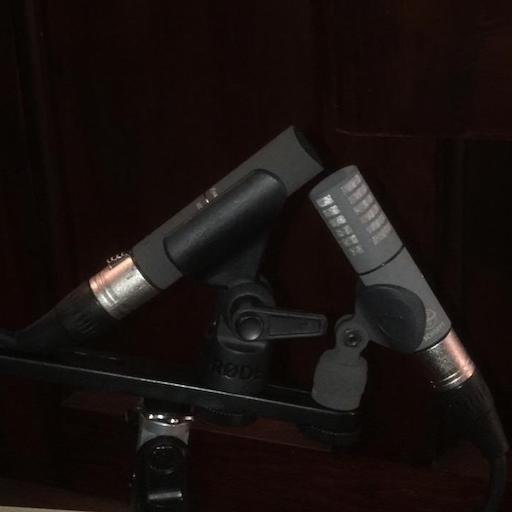
This works better when a wide cardioid is used instead of an omni, as an omni polar pattern is highly frequency dependent.
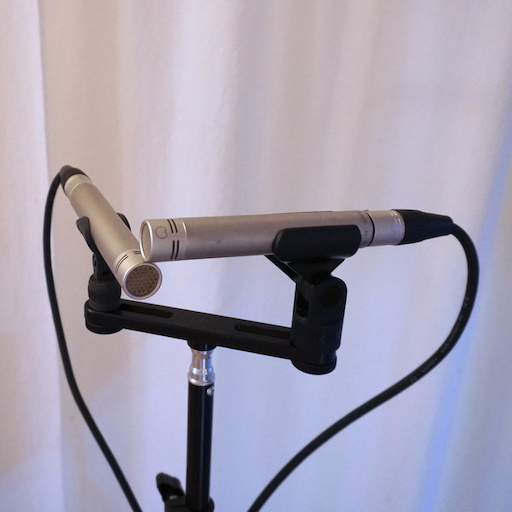
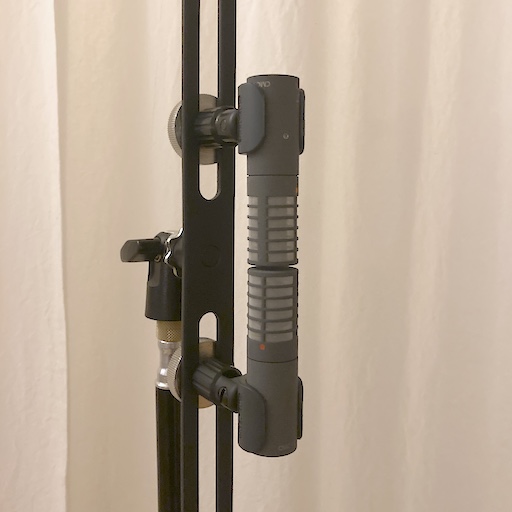

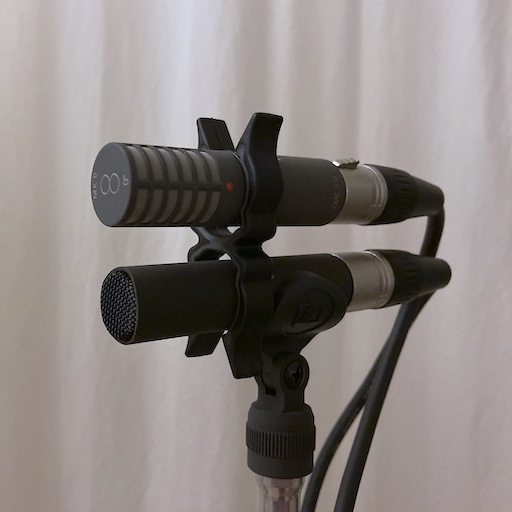
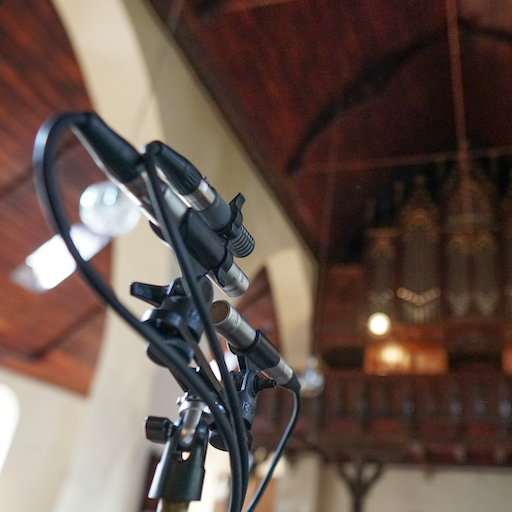
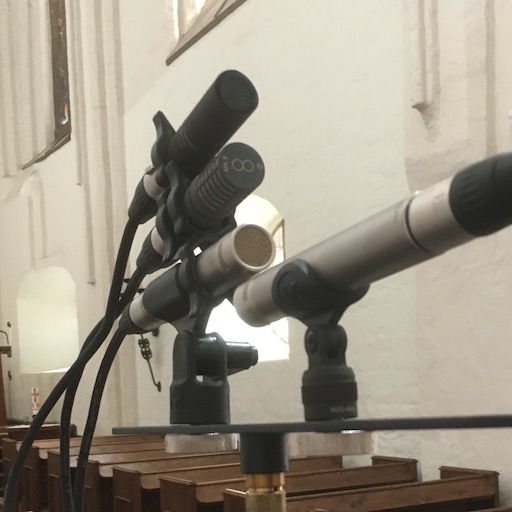
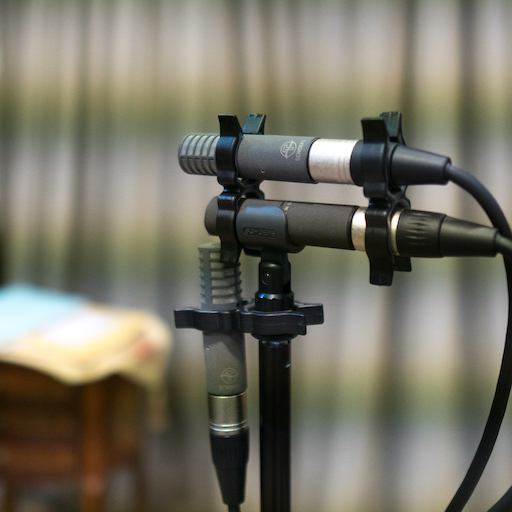
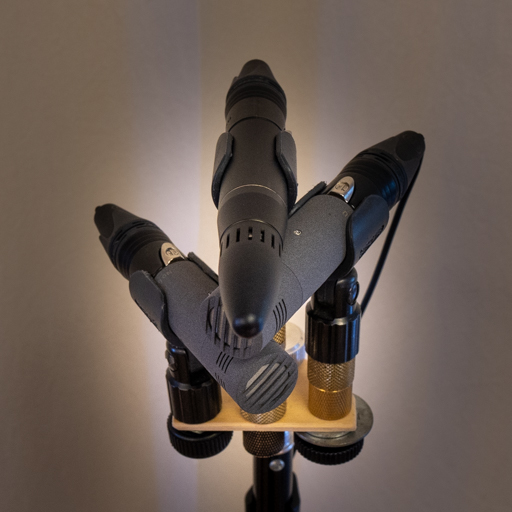
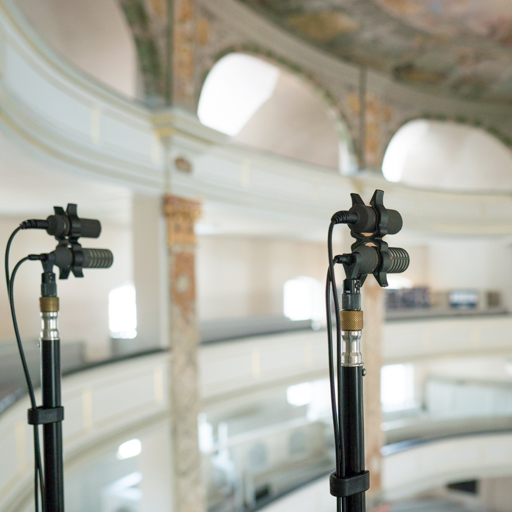
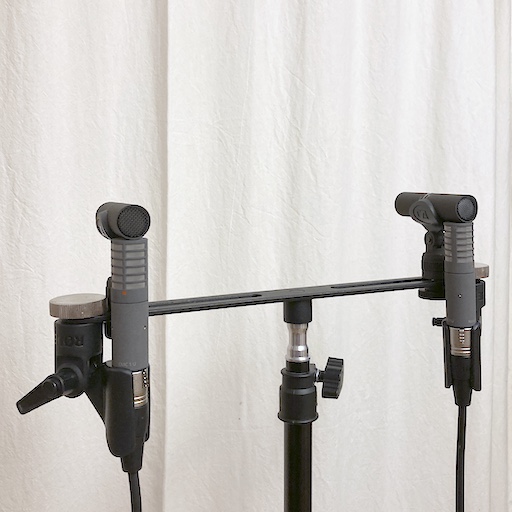
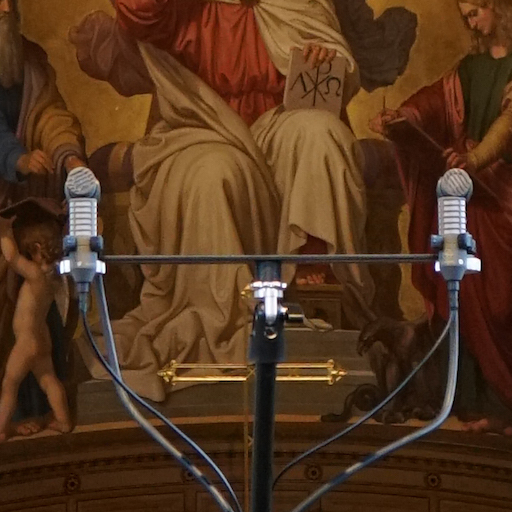
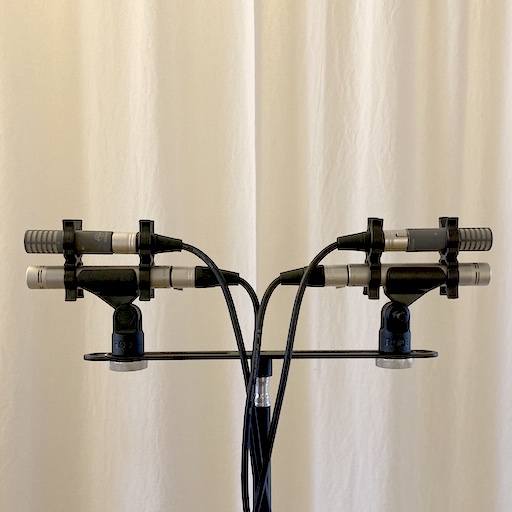
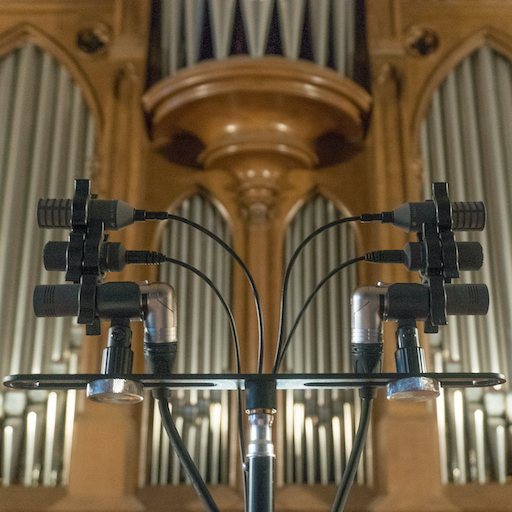
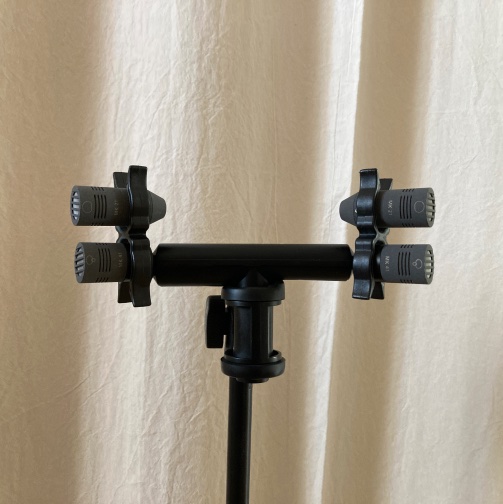
Examples for setups that are not adjustable in post-proc
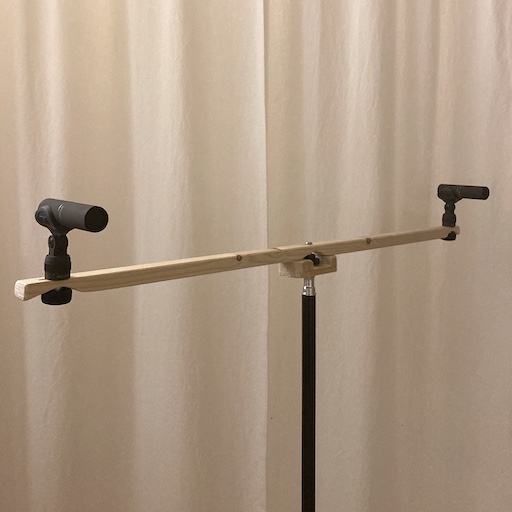
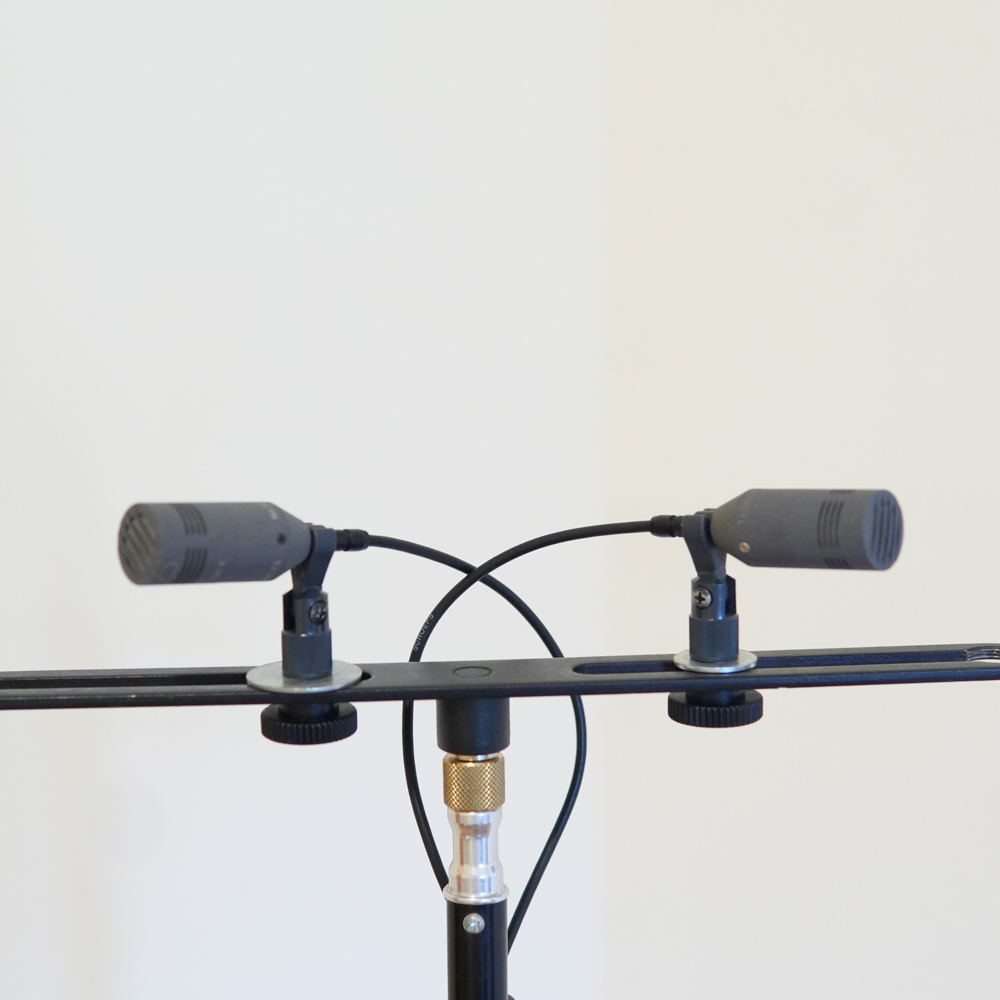
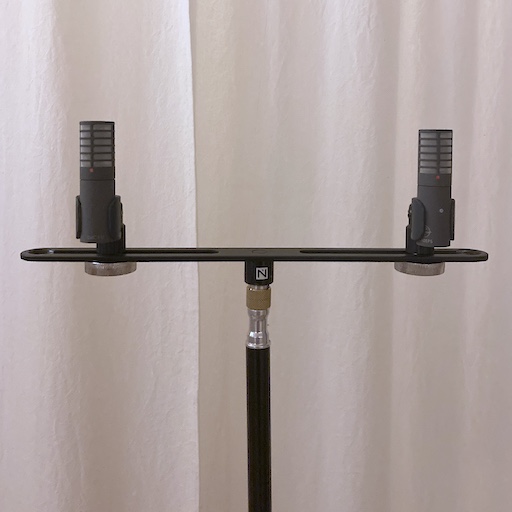
Equipment
Affiliate-Links
Fig. of 8 microphone capsule: Schoeps MK 8
Cardioid microphone capsule: Schoeps MK 4
Super cardioid microphone capsule: Schoeps MK 41
Wide cardioid microphone capsule: Schoeps MK 21
Microphone amplifier for the capsules: Schoeps CMC 1U
Cardioid microphone (capsule incl. amplifier) for mid: Sennheiser MKH 8040
Wide cardioid microphone (capsule incl. amplifier) for mid: Sennheiser MKH 8090
Omni microphone (capsule incl. amplifier) for mid: Sennheiser MKH 8020
plastic clips to clip two microphone bodies together: Rycote MS Stereo Clip
Field recorder, suitable for on-location recording, with 6 channels: Zoom F6
Cheaper options:
Røde NT5 Omni capsule for the NT5: Røde NT45-O Fig. of 8 microphone: t.bone SC 1100 for mid and side Field recorder with 4 microphone inputs: Zoom H6
 Become a Patron!
Become a Patron!